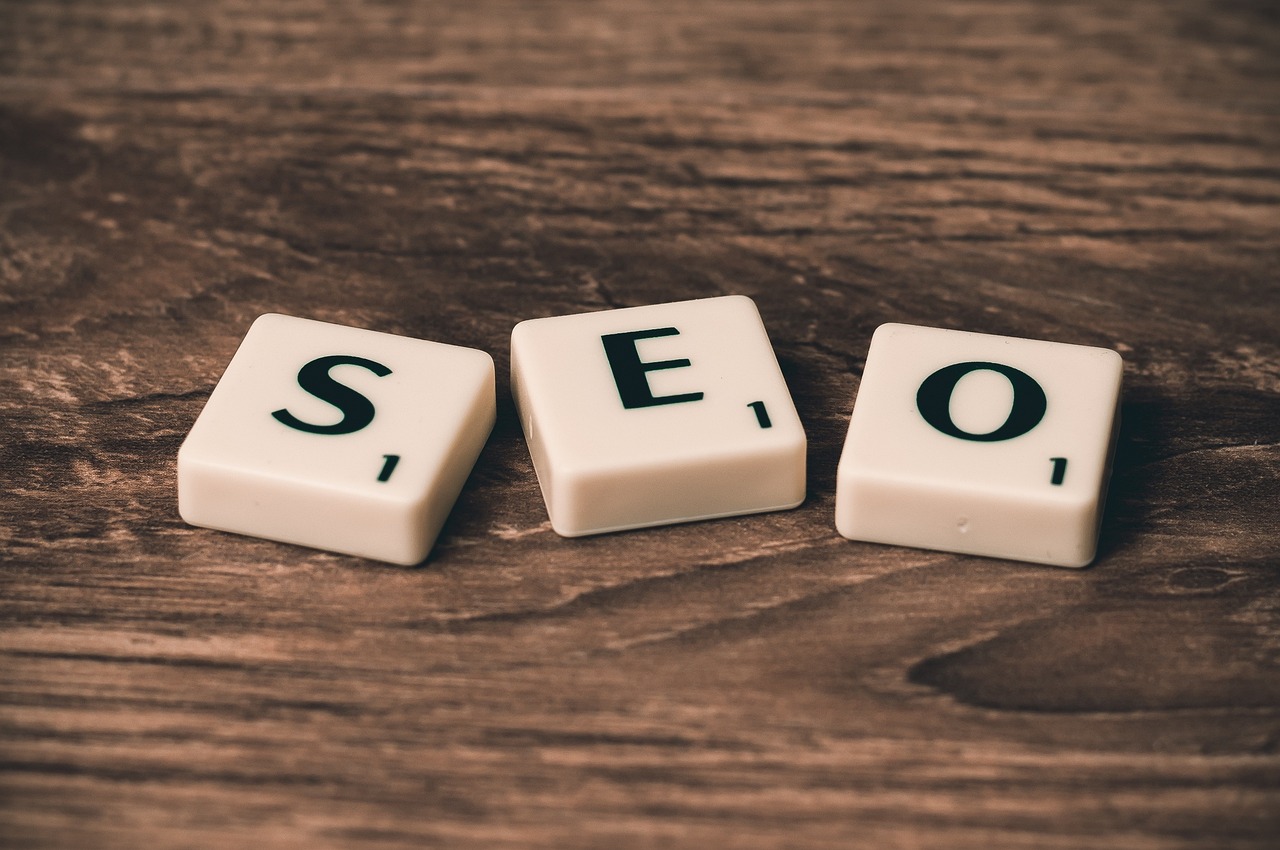AI and SEO: How Modern Business SEO Services Are Evolving
In recent years, AI And SEO are the landscape of digital marketing has undergone a seismic shift. At the forefront of this transformation is the integration of artificial intelligence (AI) into search engine optimization (SEO). AI is no longer a futuristic concept; it is now a practical tool used by businesses of all sizes to gain a competitive edge in the digital realm. As a result, modern business SEO services are evolving at a rapid pace, becoming smarter, more efficient, and significantly more effective.
The AI Revolution in SEO
Search engines like Google are increasingly relying on AI to refine search results, understand user intent, and deliver more personalized experiences. Algorithms like Google’s RankBrain and BERT (Bidirectional Encoder Representations from Transformers) have revolutionized how content is interpreted and ranked.
RankBrain, for instance, helps Google process unfamiliar queries and better understand the context of words. BERT, on the other hand, enables Google to comprehend the nuances of language and the relationships between words in a sentence. These advancements highlight the necessity for SEO services to adapt and incorporate AI tools to align with how search engines now operate.
How AI Is Transforming Business SEO Services
- Data Analysis and Keyword Research in AI and SEO
Traditional keyword research is being replaced by AI-powered tools that analyze vast datasets in seconds. These tools not only identify high-traffic keywords but also uncover long-tail opportunities and search trends. AI can predict which keywords will perform well based on historical data, allowing businesses to stay ahead of the curve AI and SEO. - Content Creation and Optimization
AI-driven platforms like ChatGPT and Jasper AI can generate high-quality content, perform sentiment analysis, and suggest keyword placements. These tools assist SEO professionals in creating content that is not only optimized for search engines but also engaging for readers. - User Experience (UX) Enhancement
Search engines now prioritize UX signals such as page load speed, mobile responsiveness, and dwell time. AI tools can monitor and analyze user behavior on a website, providing insights into how users interact with content. This data enables businesses to fine-tune their websites for better engagement and higher rankings. - Voice Search Optimization
The rise of virtual assistants like Siri, Alexa, and Google Assistant has made voice search more prevalent. AI helps businesses understand natural language queries and optimize content accordingly. This includes using conversational keywords, featured snippets, and FAQ sections to capture voice search traffic AI and SEO. - Automated SEO Audits
AI-powered audit tools can scan websites for technical SEO issues, broken links, duplicate content, and other ranking barriers. These tools provide instant feedback and actionable recommendations, streamlining the optimization process. - Competitive Analysis
AI tools can track competitor performance, analyze backlink profiles, and assess content strategies. This intelligence allows businesses to identify gaps in their own SEO and capitalize on missed opportunities.
The Human-AI Collaboration
While AI offers remarkable capabilities, it doesn’t replace human intuition and creativity. Successful SEO strategies still require a deep understanding of the target audience, brand voice, and market dynamics. AI acts as an enhancer, providing the data and insights that humans can use to craft more effective strategies.
SEO professionals now spend less time on manual tasks and more on strategic decision-making. This shift allows agencies and in-house teams to deliver greater value to their clients and organizations.
Challenges and Ethical Considerations
Despite its benefits, AI in SEO also brings challenges. Over-reliance on automation can lead to generic content, a lack of authenticity, and even penalization by search engines if unethical practices are employed. It’s crucial for businesses to use AI responsibly and ensure that all content remains original, valuable, and aligned with search engine guidelines.
Privacy is another concern. AI tools collect and analyze vast amounts of user data, raising questions about data security and user consent. Companies must be transparent about their data practices and comply with regulations like GDPR and CCPA AI and SEO.
The Future of SEO with AI
The integration of AI and SEO is still in its early stages. As technology advances, we can expect even more sophisticated tools that offer predictive analytics, real-time optimization suggestions, and hyper-personalized content strategies AI and SEO.
Moreover, AI will play a larger role in visual and video search, helping businesses optimize multimedia content more effectively. Tools that analyze image alt text, video transcripts, and engagement metrics will become standard components of SEO campaigns.
Final Thoughts
AI is not a replacement for human AI and SEO experts, but a powerful ally. Businesses that embrace AI-powered SEO services stand to benefit from enhanced efficiency, better insights, and improved performance. The key lies in striking the right balance between automation and human creativity.
As AI continues to evolve, so too will the nature of SEO. Companies that adapt early and invest in modern SEO strategies will not only survive the digital transformation—they will lead it.
